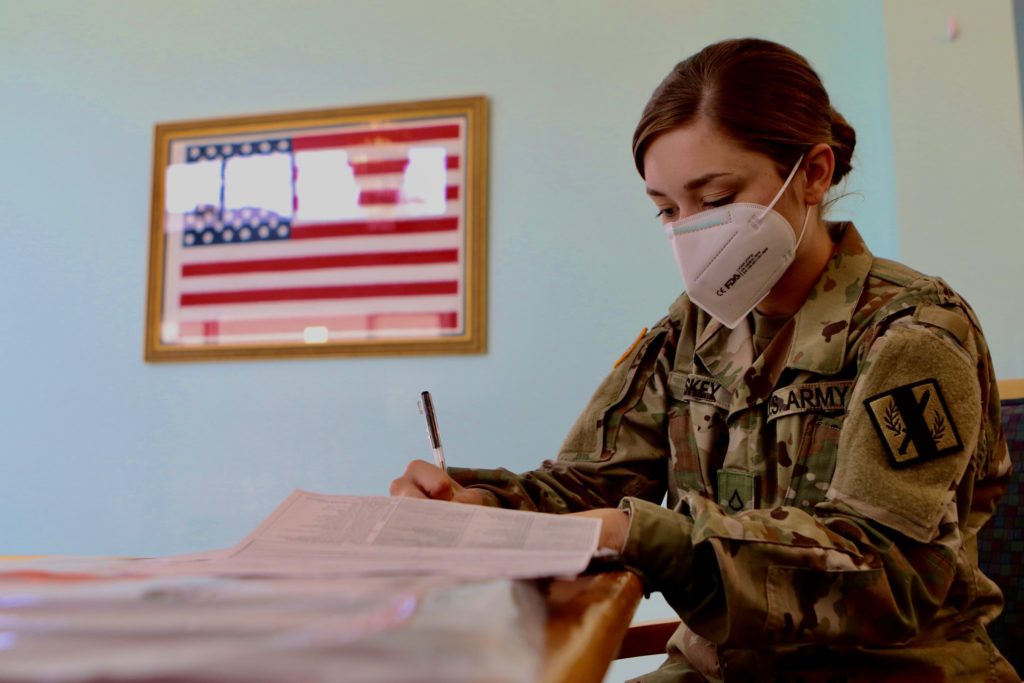Diane’s farewell message
After 52 years at WAMU, Diane Rehm says goodbye.

Proper Covid-19 testing, tracing and treatment requires managing data on a massive scale. The task is exposing the cracks in the U.S. public health and medical systems.
From data collection to insurance coverage, our fragmented health care system has complicated the country’s ability to track the spread of Covid-19.
And public health officials warn the Trump administration’s recent rule change for how hospitals report information might make it worse. Data that used to go to the Centers for Disease Control about things like the availability of ICU beds and if staff have sufficient PPE will now be sent to the Department of Health and Human Services. It’s a move some fear will politicize essential information about the combating the virus.
Diane talks to Sarah Kliff, investigative reporter for The New York Times, about this change and why it may be just one more obstacle for U.S. health care and public health systems that are woefully unprepared to fight this pandemic.
After 52 years at WAMU, Diane Rehm says goodbye.
Diane takes the mic one last time at WAMU. She talks to Susan Page of USA Today about Trump’s first hundred days – and what they say about the next hundred.
Maryland Congressman Jamie Raskin was first elected to the House in 2016, just as Donald Trump ascended to the presidency for the first time. Since then, few Democrats have worked as…
Can the courts act as a check on the Trump administration’s power? CNN chief Supreme Court analyst Joan Biskupic on how the clash over deportations is testing the judiciary.